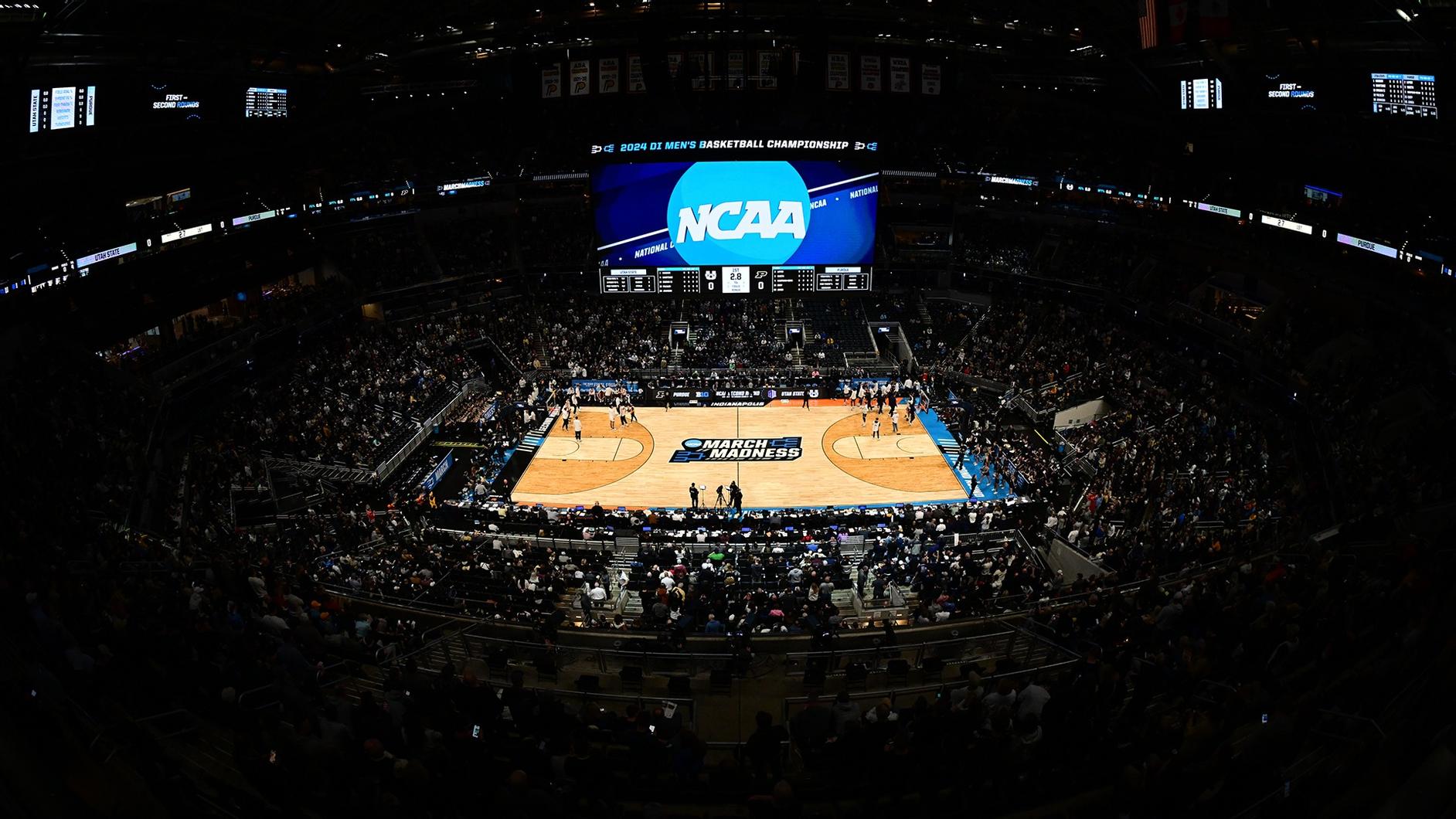DTV transition portrayed as 'train wreck'
The upcoming digital television transition continues to be the subject of contentious debate among the nation’s policy makers. One prominent critic insists it’s a “train wreck” waiting to happen, while the administration expresses confidence the transition will go smoothly.
Andrew Schwartzman, president of the nonprofit law firm Media Access Project, warned a media conference last week that the turn-off of analog television is plagued with problems that could doom its success. He is critical of the government’s failure to provide adequate funding for public information about the transition.
“This really calls for a [sweeping] governmental program. The public isn’t going to pay a lot of attention to these voluntary efforts,” he said at a policy conference sponsored by the Minority Media and Telecommunications Council in Washington, D.C. The “National Journal” reported his remarks.
Schwartzman said non-English speakers, the elderly, and poor will probably never know of the public-service campaigns being planned to tell consumers that older TV sets won’t work without converter boxes after the digital transition. “I really fear for it,” he said. “The people who are going to be hurt are the people at the bottom.”
Vouchers for the poor need to be at bodegas, Laundromats and other neighborhood venues, not just electronics stores, Schwartzman added, saying the government has not provided enough funding to make the converters available.
Gloria Tristani, a Spanish-speaking former FCC commissioner and now a communications attorney, agreed with Schwartzman’s assessment and complained of inconsistent terminology for Spanish speakers on industry and government Web sites promoting the transition.
John Kneuer, the NTIA chief who heads the government’s $5 million DTV transition program, however, disagreed with what he described as “apocalyptic” predictions being made by critics. Kneuer said the government has ambitious plans to reach ethnic populations by distributing material about the transition in Chinese, Japanese and other languages, and by working with seniors’ groups.
Get the TV Tech Newsletter
The professional video industry's #1 source for news, trends and product and tech information. Sign up below.
NAB president David Rehr said, “I get a little frustrated sometimes when people stand up and tell us all the things we should be doing,” he said, adding that the broadcast industry needs “everyone’s help” to assist with this “Herculean effort.”
